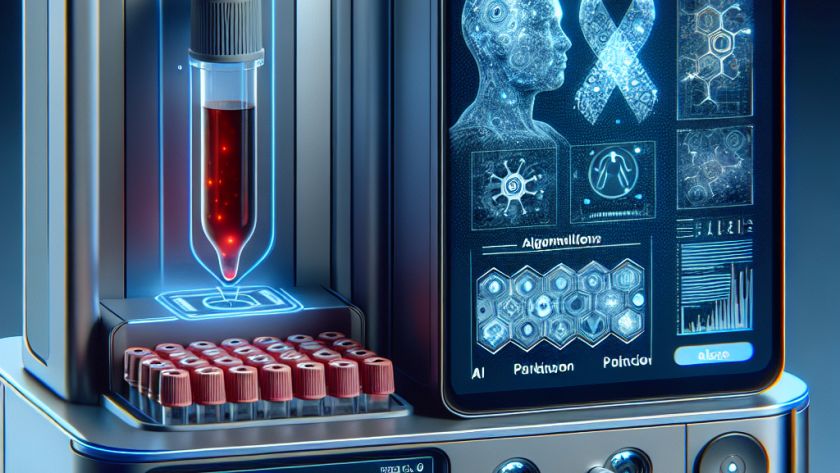Researchers have developed an AI system called ESM3 that is capable of simulating hundreds of millions of years of protein evolution to create a new fluorescent protein unlike any found in nature. The system, designed by a team led by Alexander Rives at EvolutionaryScale, can process and generate data about protein sequences, structures, and functions.…









